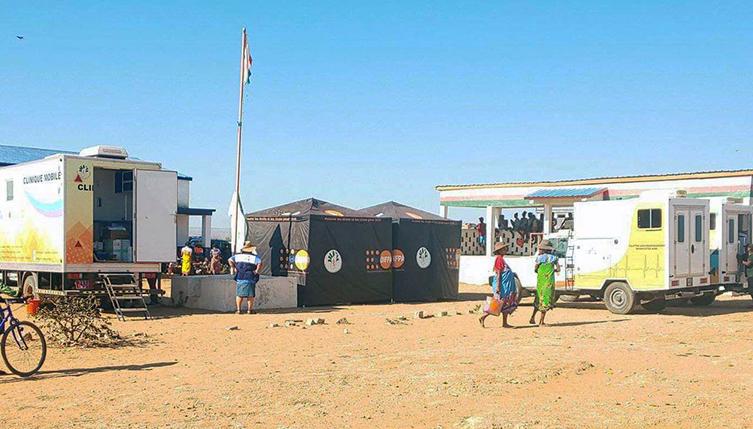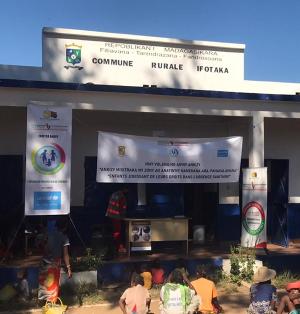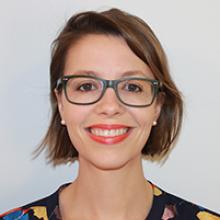Formative Evaluation of the Integrated Social Protection Program in the South of Madagascar

Madagascar’s status as one of the poorest countries in Africa, combined with its increased risk for natural disasters and climate change, amplifies the need to invest in social protection, health, and education to support economic growth for a young and growing population. Madagascar has one of the largest number of people living below the international poverty line ($1.90 per day), as well as one of the lowest Human Capital Index scores in the world (World Bank, 2020). A recent report on child poverty estimated that 67.6 percent of Malagasy children are multidimensionally poor, and 23.57 percent of children live in extreme poverty (United Nations Children's Fund [UNICEF], 2020).
In the south of Madagascar—one of the least developed regions of the country—the cycle of poverty is further aggravated by natural and environmental disasters. The country experiences cyclones at least three times a year, disrupting essential services (UNICEF, 2018). As of November 2020, approximately 1.5 million people in the south of Madagascar were in such dire need of emergency food and nutrition assistance that they resorted to eating insects (World Food Program [WFP], 2020). This situation of extreme hunger and malnutrition resulted from three years of drought, exacerbated by the global environmental crisis and the COVID-19 pandemic (WFP, 2020).

To respond to the extreme needs in the south of Madagascar, UNICEF, along with the WFP, the United Nations Population Fund (UNFPA), and the International Labor Organization (ILO), developed the Fagnavotse program in partnership with the Government of Madagascar, and with support of the United Nations Sustainable Development Goal Fund (Joint SDG Fund). The program aims to support vulnerable households living in extreme poverty in the South of Madagascar using a holistic approach to social protection that integrates existing programs of National Social Safety Nets with health, social protection, gender-based violence prevention, and agricultural insurance and livelihood activities. Through the Fagnavotse program, vulnerable individuals can receive a package of interventions including unconditional cash transfers, health insurance, agricultural insurance, livelihood activities and activities to reduce GBV.
UNICEF, along with WFP, UNFPA, ILO, and the Government of Madagascar, commissioned AIR to conduct an independent formative evaluation of the Fagnavotse program. The main purpose of the evaluation is to generate knowledge and high-quality lessons learned about the Fagnavotse program to improve implementation and inform replicating inclusive social protection efforts in Madagascar. AIR’s approach to the evaluation is mixed methods and formative, relying on continuous data collection and analysis of key indicators to enable regular feedback on the performance of the Fagnavotse program in terms of relevance, coherence, effectiveness, efficiency, and sustainability.
AIR’s methodological approach includes two rounds of qualitative data collection at the national, district, and community levels, as well as three rounds of a quantitative monitoring survey and an analysis of monitoring and evaluation and cost data. Further, our approach features participatory and human-centred methods such as stakeholder mapping and case studies with children with disabilities and their caregivers. We are collaborating with our in-country partner ATW International to collect high-quality qualitative and quantitative data in program areas.
